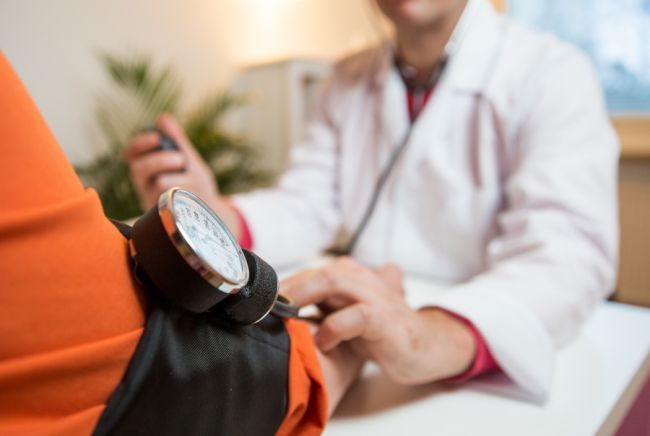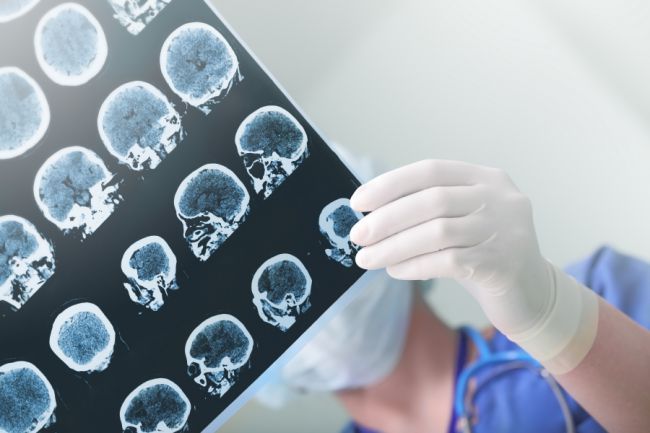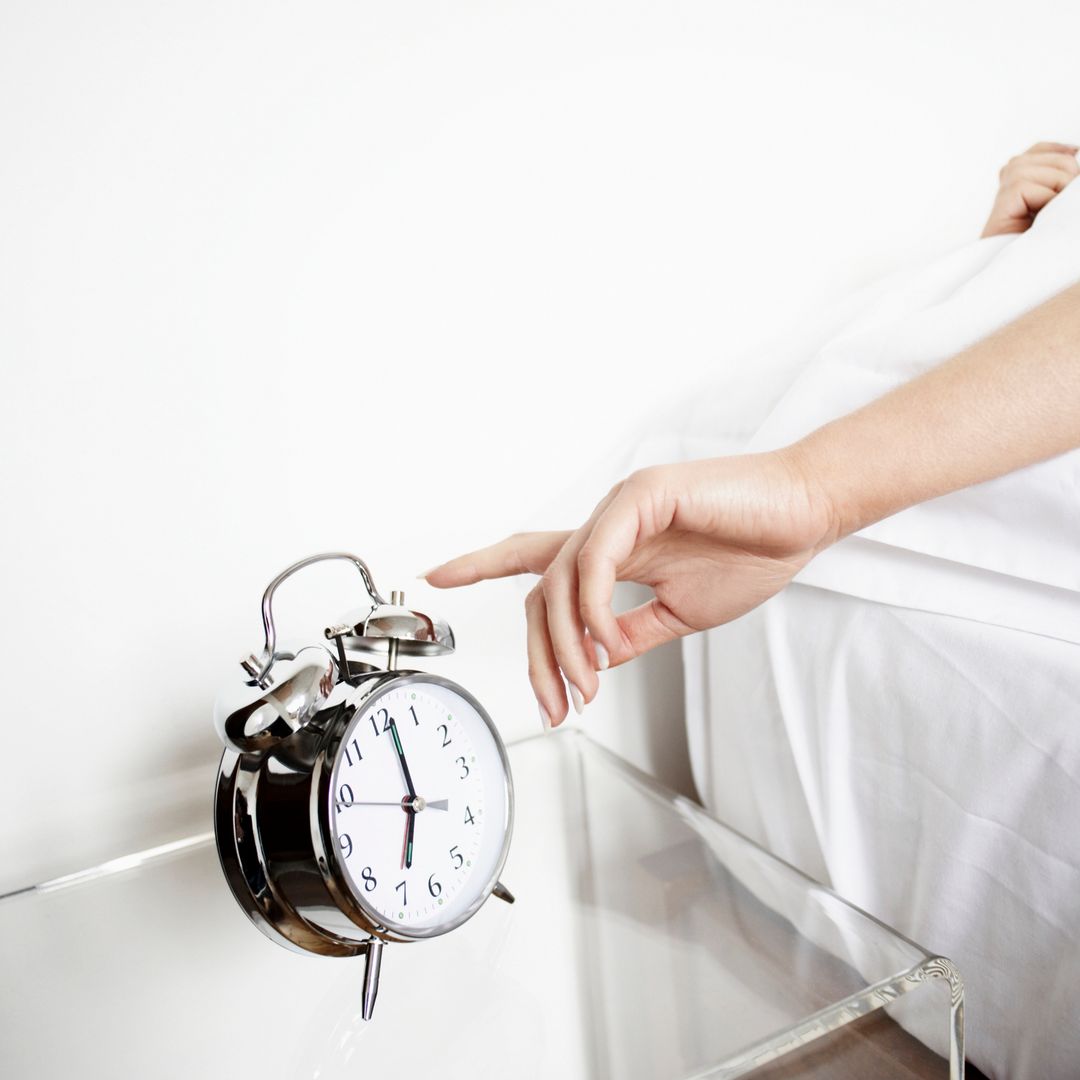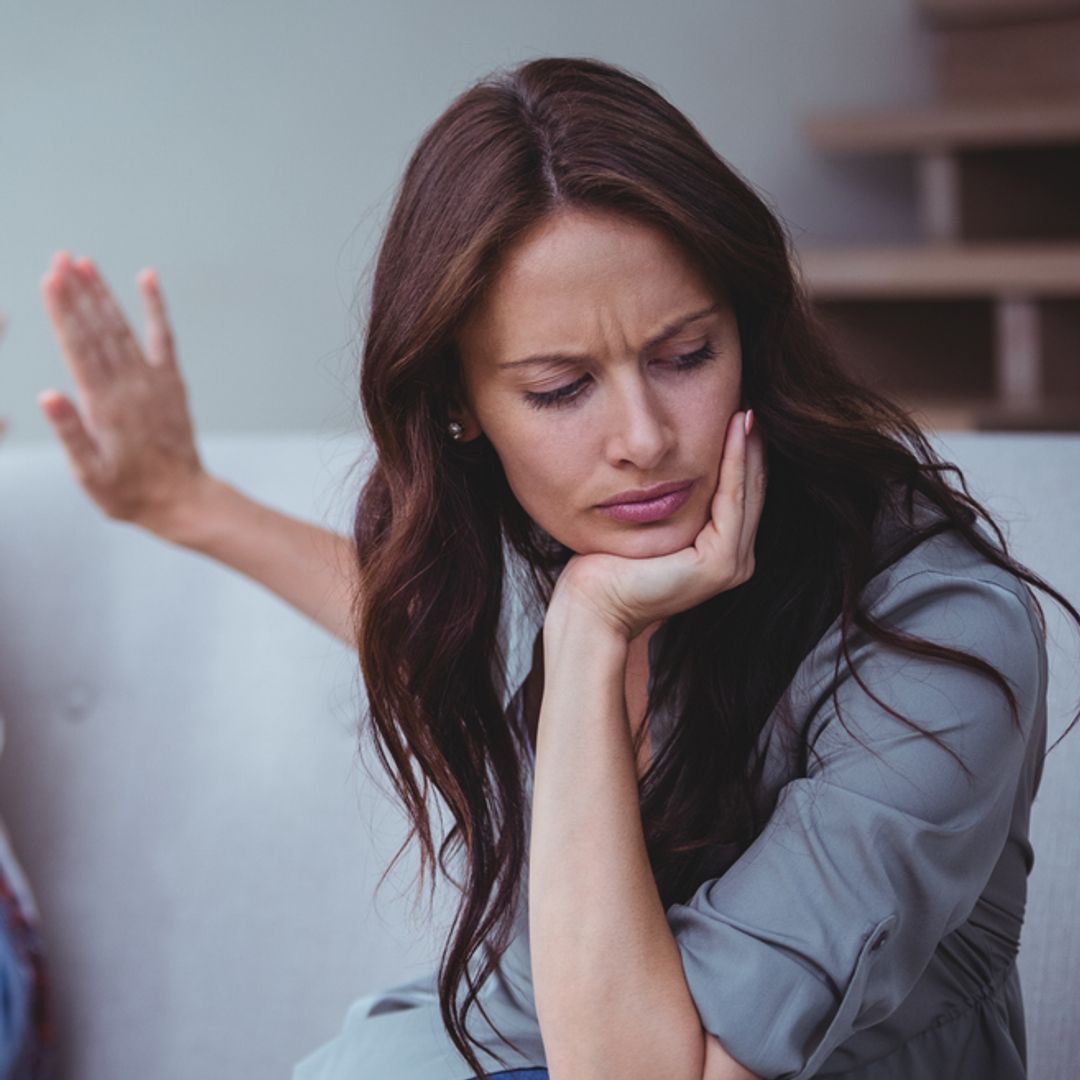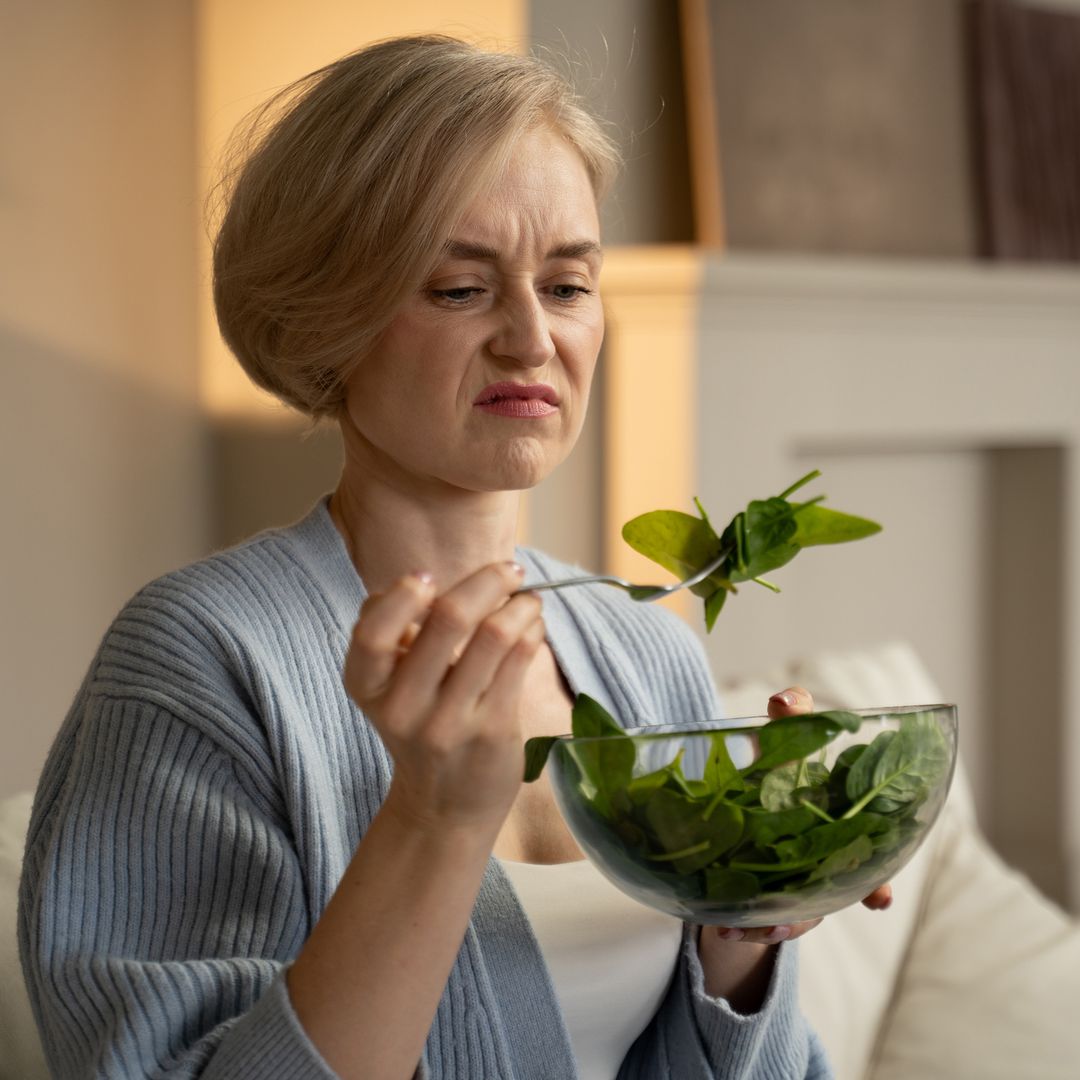The average age of people in England who have a stroke for the first time has fallen, new figures show. Public Health England data shows that the average age dropped from 71 to 68 for men, and from 75 to 73 for women between 2007 and 2016. Over the same period, the proportion of first-time strokes suffered by 40 to 69-year-olds rose from 33 per cent to 38 per cent.
PHE has urged people to be more aware of the symptoms of a stroke and said the data shows they don't just affect the elderly. So what is a stroke, and how can a stroke be treated? We've rounded up all you need to know...
What is a stroke?
A stroke is a serious life-threatening medical condition that occurs when the blood supply to part of the brain is cut off. Urgent treatment is essential, and the sooner a person receives treatment the less damage is likely to happen.
STORY: Chris Tarrant opens up about his terrifying stroke during long-haul flight
What are the signs of a stroke?
According to the NHS, the main symptoms of a stroke can be remembered with the word F.A.S.T.
Face: The face may have dropped on one side, the person may not be able to smile, or their eye or mouth may have dropped.
Arms: The person with suspected stroke may not be able to lift both arms and keep them there because of weakness or numbness in one arm.
Speech: Their speech may be slurred, or the person may not be able to talk at all despite appearing to be awake.
Time: It's time to dial 999 immediately if you see any of these symptoms.
What is the treatment for a stroke?
Treatment for a stroke can differ depending on what type of stroke a person has, the cause of the stroke and which part of the brain was affected. Strokes are usually treated with medication, including medicines to prevent and dissolve blood clots, reduce blood pressure and reduce cholesterol levels.
MORE: Andrew Marr opens up about life after his stroke
What causes a stroke?
There are two main causes of stroke; ischaemic - where the blood supply is stopped because of a blood clot, which happens in 85 per cent of all cases, or haemorrhagic - where a weakened blood vessel supplying the brain bursts. Certain conditions increase the risk of having a stroke, including high blood pressure, high cholesterol, atrial fibrillation or diabetes.
How can a stroke be prevented?
You can reduce your risk of having a stroke by leading a healthy lifestyle, including eating a healthy diet, taking regular exercise, drinking alcohol in moderation and not smoking. If you have a condition that increases your risk of stroke it's important to manage it effectively.
